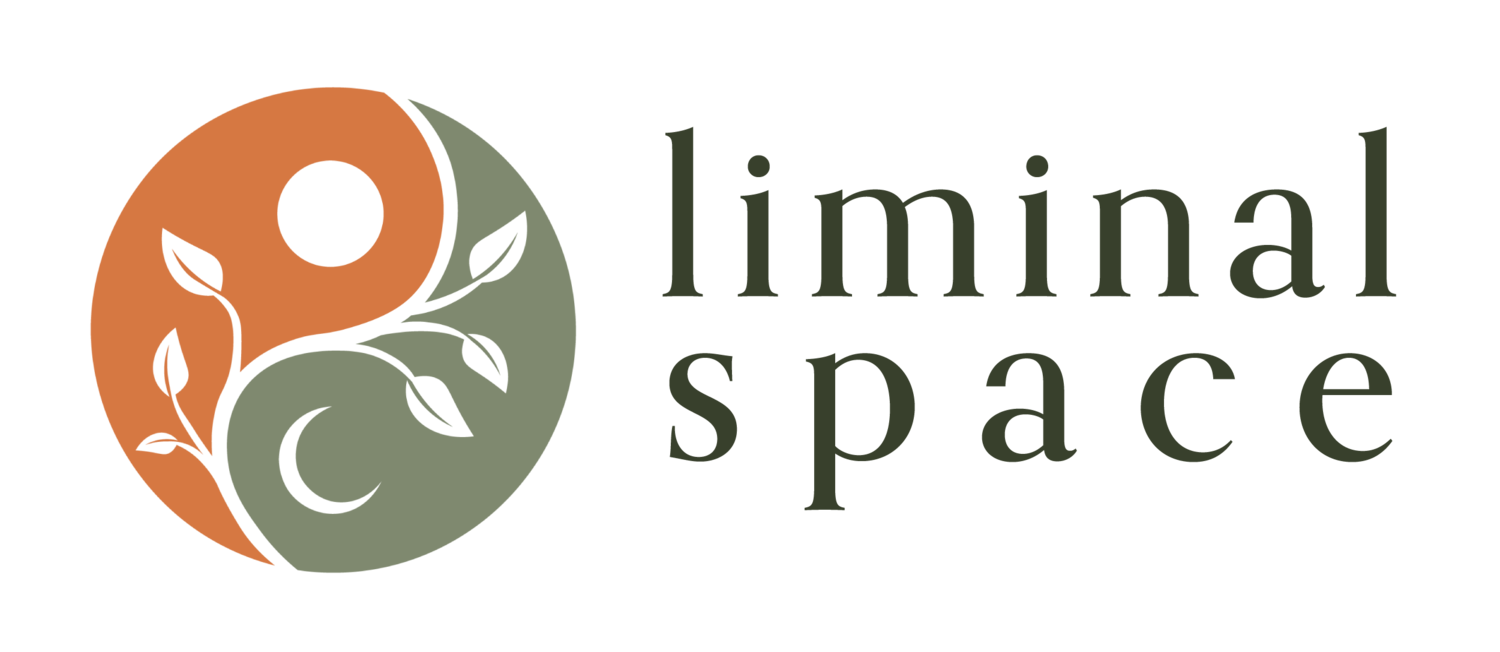Feeling overwhelmed by the news? Me too.
The era of information technology has brought us a lot of wonderful luxuries. One of them being easy access to information; anything we want to know is available to us with the touch of a button. However, as with most things, too much of one thing can have its ill effects too. The news is rarely good. It feels like everyone is losing their minds—and perhaps they might be. The delivery of information is coated in drama and sensationalized fear-mongering. It is a challenge to find the balance between staying informed and feeling completely overwrought by the information being served.
The other day, after getting lost in a rabbit hole of current news events on-line and the debate of it on social media, I felt frustrated. With each passing article/conversation I read, I could feel my body compressing further to the weight of my emotions around all of the topics.
I recalled a radio interview I heard in late 2012 when the date signifying the end Mayan Calendar was nearing. The man being interviewed was a professor and discussing the myths and truths about the end of the calendar and what that meant for us. At the time there was a lot of hype that the end of the calendar meant the onset of an apocalypse of the world. The professor posited that perhaps it wasn’t the kind of apocalypse we are familiar with from movies, but a reckoning of consciousness.
Time used to feel much slower than it does right now. Without technology we would spend our days engaging with others. The world meant whatever was right in front of us in that moment. Today, we move much faster. We have access to anything we want anywhere in the world and speed is the goal of everything; How quickly can we get results?
Instead of using the technology to support us in having a better life balance, we try and keep up with the pace of it. Jose Arguelles’ Law of Time states that “Modern humanity is in crisis because it is immersed in an erroneous and artificial perception of time, causing civilization to deviate at an accelerated rate from the natural order of the universe.” Instead of synching ourselves up with the cycle of nature as we are meant to, we are jogging alongside the long legs of technology trying to keep up with it and burning ourselves out in the process.
This resonates with me as I think about how many people are rendered powerless by the panic and anxiety they feel on a daily basis. One of the first questions I ask when working with a new student or client is if they take medication and what kind. More often than not people are on some sort of substance cocktail to relieve them of anxiety. Due to our increasing lack of patience and desire to speed things up, most of us would much rather pop a pill for a quick fix rather than waste any time sussing out the root of our problem. I recently read that $42 billion dollars a year is spent on health care treatment for American adults suffering from anxiety (ADAA).
The question the radio professor was putting forth in his hypothesis was; when it feels like everyone is spinning out of control, have you done the work to keep yourself grounded or will you get consumed by the Tasmanian Devil of insanity? This is the modern day test of survival of the fittest, which is no longer about physical strength, but our ability to tune-in and get quiet. This is not necessarily about being calm, as much as noticing when we are not calm and learning how to respond to that.
Quiet practices like meditation, slow and cooling yoga practices (Yin, Gentle Hatha, Restorative) and non-aggressive exercise (walking in nature, floating in water, art) help us develop a skill for being in our bodies. When we are in our bodies we are less inclined to spin in our minds. The practice, which at some point develops into a skill, is to be able to stay in our body even when the environment feels unstable. We get so used to handing all of our energy over to whatever/whomever is in front of us that we get so completely worn out with nothing left to give and so we either end up anxiety ridden or spaced out and exhausted.
Try it right now. Take a moment and bring your awareness to a certain part of your body. Start with an area close to your head, like your chest and then as you grow your practice work down the body farther from the head eventually landing at your toes. Try and keep your awareness of the felt sense of that area of the body while having a conversation with someone else. See how long you can be in the felt sense of the body while still being very present to the words the other person is speaking. How long did you last before you gave your all of your energy over to them or spaced out in thought?
Having practices that build a stronger relationship with our body’s wisdom sets us up for being able to stay in it, so when the Tasmanian Devil of distractions comes roaring by we can stand firm with our feet on the ground and see the drama for what it is.
I understand that having a home meditation practice is not easy. In support of it, I offer some short (5 min) guided body sensing practices on my website. These body sensing practices will help cultivate the pathway to being in your body, so when your environment feels nuts, you know how to get there.

